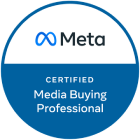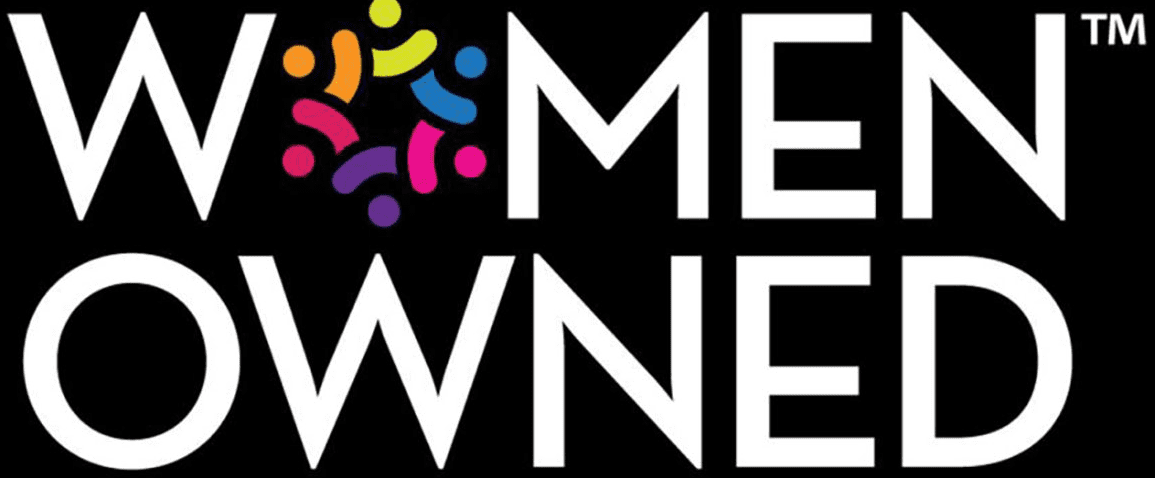Sections
PPC, SEO, or Both? How to Decide What’s Best for Your Brand
Reading Time: 4 minutes
In today’s marketplace, brand competition on the internet is fierce. Digital marketers are constantly improving strategies and optimizing campaigns in order to stay relevant to their target audiences.
Enter PPC and SEO. These are two digital marketing channels that can make or break your brand’s visibility in Google search.
PPC (pay-per-click) is as it suggests, a form of online marketing in which you pay for ad placements in search engines like Google and Bing. You bid for the search engine to display your ad when people search for keywords relevant to your brand, but you only pay once they’ve actually clicked your ad.
SEO, or search engine optimization, is the practice of optimizing your website’s exposure for search engines, in order to drive more qualified traffic to your landing pages. It’s really about optimizing your website for people: you provide your audience what they need and answer the questions they are searching for.
Despite what some people think, your brand’s paid search campaigns do not have a direct effect on your organic rankings. That said, organic clicks have been known to increase in the absence of paid marketing ads, however, more often than not, the value is disproportionate.
Read on to learn the differences between PPC and SEO, what happens to organic clicks when PPC ads are paused, and how to utilize both channels together for the best results.
PPC vs. SEO: The Differences
Before we discuss the positives of PPC and SEO strategies working simultaneously, there are a few fundamental differences between PPC and SEO that all brands should consider:
- SEO is essentially free, while PPC costs money (you pay every time your ad is clicked)
- SEO is a long-term investment (it can take a few months to see results), while PPC ads can launch immediately (and often produce quick wins)
- PPC ad copy needs to be concise and to the point, while SEO content strategy should be long-term and comprehensive (both should be attention-grabbing)
- Google offers support for PPC professionals (through training, blogs, customer service, etc.), while SEO professionals have to say abreast of Google’s ever-evolving ranking factors in order to stay ahead of brand competitors

SEO, From the Experts
“A well-planned, comprehensive SEO strategy will help your brand stay ahead of the competition and consistently make it to the top of the search results. Quality content and a solid foundation in SEO tactics are key.”
–Chris Casarez, SEO Manager, Your Marketing People

What Happens When You Pause PPC?
If you could guarantee a positive ROI for each additional dollar spent on PPC ad campaigns, increasing your budget would be a no-brainer. In 2011, Google responded to the looming question of what would happen if search ads were paused. Would organic results increase and make up for the loss in paid search traffic? Or does paid search provide irreplaceable results for site clicks?
After analyzing 400 studies on paused PPC accounts, Google discovered that search ads drive 89% incremental traffic. This means on average, only 11% of traffic generated by search ads was replaced by organic clicks. Of course, the results are eight years old, and there haven’t been studies of this volume since, but the 89% statistic is important and interestingly, it was consistent across verticals.
Hanapin Marketing recently discussed what happened when a client wanted to pause paid campaigns for branded terms. With no other changes than pausing paid search, spend decreased only slightly but revenue decreased by a much higher amount in comparison. Ad campaigns for branded terms proved to be essential for the client’s bottom line.

Paid Search, From the Experts
“Our team focuses on the big picture when it comes to paid search. Our strategy is to get your brand in front of your target customers at just the right time, whether that’s through PPC ads, display advertising, Google Shopping, and more.”
–Emily Sugano, PPC Manager, Your Marketing People
3 Reasons PPC and SEO Are Better Together
At Your Marketing People, we believe the best strategy is one that incorporates both PPC and SEO, and here’s why:
PPC + SEO = Shared Data
Keywords. PPC and SEO are united by keyword research and targeting. When you share your performance and keyword analysis across channels, you can save time, money, and effort.
PPC + SEO = Increased Visibility
Again, PPC does not directly influence your organic rankings. However, implementing both strategies can only build upon your brand recognition and trust. Think about it, a potential customer types in keywords relevant to your business, and sees both a paid ad AND first-page search results from your brand.
PPC + SEO = Consistent Brand Message
On top of that, using similar messages helps your brand build a consistent message across channels. Your paid search ad copy should complement the messages on your website that you’ve developed in your overall SEO content strategy.
Build a Cohesive PPC + SEO Strategy
While PPC can help you attract more visitors quickly, a killer SEO strategy can help build brand recognition and trust, which is invaluable to your long-term goals. So, which is better? SEO or PPC? Honestly, if we had to choose between the two, we wouldn’t. Both channels consistently prove to be beneficial for our clients’ ROI and company growth. That’s why we believe using them in tandem with each other is the best strategy.
Not sure where to start? Our PPC and SEO managers work closely to build winning, complementary strategies for our clients. Contact us for a consultation and let’s increase your brand visibility in the SERPs.







